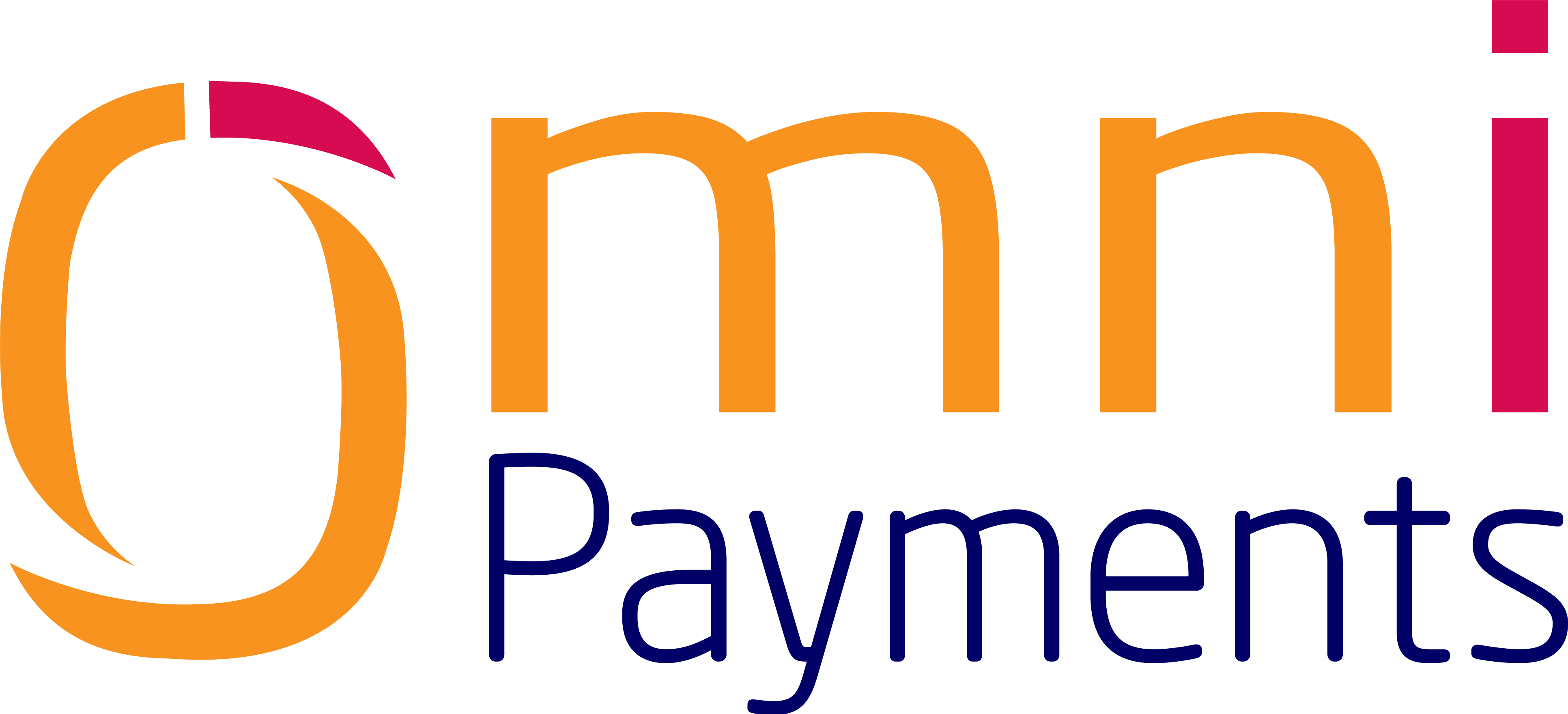EU regulation of digital payments aims to secure financial sectors by supporting market competition through technological developments. Payment Services Directive 3.0 (PSD3) establishes itself as the modern EU financial regulatory framework. It increases PSD2’s capabilities to manage fresh payment system conditions.
The financial sector will experience a complete reconstruction with PSD3 because it implements advanced security measures, better fraud protection, and significantly strengthened customer safeguarding systems. Payment Services Directive 3.0 will impact how banking operations merge with fintech operations as well as the use of their financial service products by consumers.
Key Changes Under PSD3
The PSD3 framework works to update and enhance the European Union’s payment regulation system. PSD3 introduces major regulatory changes through its most substantial features:
- Tighter Security Regulations: PSD3 enhances security requirements through its implementation of strict rules for Strong Customer Authentication (SCA) that fights cyber threats and fraud during internet payments.
- Better Open Banking Framework: This establishes new guidelines to enhance Third-Party Provider (TPP) operations, thus facilitating better bank and fintech cooperation with the protection of data security channels.
- Stronger Consumer Protections: PSD3 enhances refund rights, dispute resolution processes, and transparency in fees, ensuring consumers are better protected in digital transactions.
- Combatting Payment Fraud: The government focuses efforts on reducing Authorized Push Payment (APP) fraud aimed at getting people to send money to fraudulent bank accounts.
- Harmonized Licensing and Supervision: PSD3 develops a unified system of licensing and supervision across EU states to facilitate businesses when complying with regulatory needs.
Impact on Banks
The implementation of PSD3 poses benefits along with challenges to traditional banking institutions. To fulfill the requirements banks need to strengthen their defense systems and improve their ability to detect fraudulent activities. The enhanced Open Banking requirements demand traditional banks to enhance their APIs. The necessary technological investments for PSD3 compliance offer opportunities to launch competitive digital payment solutions and build better customer trust levels.
Impact on Fintechs
The regulatory control over Payment Service Providers (PSPs) and Open Banking platforms within the Fintech sector will intensify during upcoming years. Fintech companies need to demonstrate standpoints with enhanced consumer rights. This equates to robust fraud prevention through PSD3, and they must maintain payment systems’ compliance with SCA and data protection regulations. The directive extends possibilities for Fintech innovation by establishing clear regulations which lead to an equal marketplace with improved competitiveness.
Impact on Consumers
The largest group who benefits from PSD3 consists of consumers. Digital payments gain more trust from users because PSD3 introduces stronger fraud defense and clear fees as well as better refund systems. The Open Banking developments in the directive will create more reliable and protected financial services which allow users to manage their financial information better.
How Businesses Can Prepare
PSD3 compliance together with market competitiveness require businesses to do the following actions:
- Companies should allocate resources to obtain fraud avoidance solutions based on AI detection methods and security authentication via biometrics.
- Businesses should upgrade their Open Banking APIs to facilitate smooth data exchange between internal systems and outside third parties.
- Organizations must enhance their customer authentication methods in order to fulfill the strengthened SCA requirements.
- Businesses should track regulatory updates in order to modify operations as needed for compliance adjustments.
Conclusion
The payments industry now experiences major advancement through PSD3 because it provides improved security measures and better consumer protections while ensuring fair competition between financial institutions and fintech companies. The complexity of compliance does not prevent businesses from early adaptation, which leads to improved trust levels, operational efficiency, and new growth prospects.
OmniPayments provides robust payment processing solutions that ensure the latest compliances for banks and fintech organizations and payment providers through its secure, scalable systems which conform to present-day regulatory specifications. Contact us right now to maintain your business leadership in the changing financial market.






